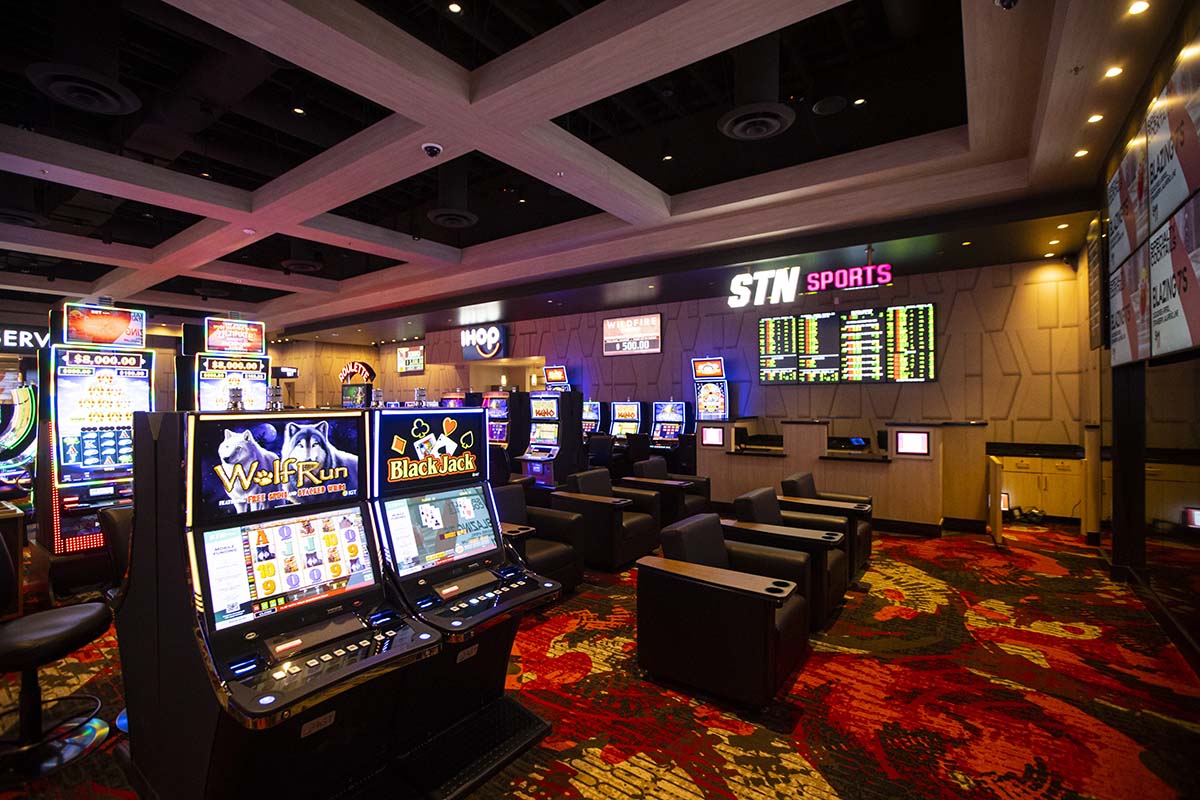
Casino games have long captured the imagination of humans around the planet, becoming an important part of both entertainment and culture. From the glimmering lights of the Vegas Strip to the engaging experience of online gaming, these activities evoke enthusiasm, risk, and sometimes even a sense of remembrance. Go88 They are beyond simply entertainments; they have woven themselves into the texture of our lives, influencing various aspects from movies and melodies to fashion and books.
The allure of casino games surpasses the betting aspect, tapping into larger themes of serendipity, chance, and social interaction. As players assemble around a gaming table or spin the wheel of fortune, they engage in an ancient ritual that connects with our collective desire for excitement and unpredictability. This captivation has led to the rise of countless references in cinema, music, and video games, showcasing how strongly entrenched these activities are in mainstream culture. Whether it is the high-stakes tension of a classic robbery film or the colorful nightlife portrayed in music videos, casino games have created a substantial niche that reflects our bond with risk and reward.
Historical Significance of Gambling Activities
Gambling activities have played a key role in social aspects throughout the ages. Stemming from ancient civilizations, games of chance were often connected to ceremonies or gatherings. For example, early iterations of gambling can be linked back to historic Chinese and the Romans, where die games and wagering on results were common pastimes. These activities not only functioned as leisure but also as methods of connecting people, facilitating connections among individuals within societies.
As cultures evolved, so did the sophistication and organization of casino games. The establishment of formal casinos in the 17th century, particularly in the Italian region, marked a notable shift in how games were perceived and organized. With designated spaces for gambling, the casino became a social hub where people from various backgrounds gathered. This change contributed to the validation of the industry, transforming it from a mere pastime into an organized industry that influenced the economy and policy.
The impact of casino games on popular culture cannot be understated. As they were popularized in literature and movies, games such as poker and 21 became symbols of chance, luck, and strategy. Iconic figures and stories have emerged around these activities, reflecting societal attitudes towards fortune, wealth, and immorality. This fascination with casino games has permeated various forms of entertainment, cementing their status in the public imagination and linking them to wider cultural narratives throughout the ages.
Depiction of Gambling Games in Media
Gambling games have long been a popular theme in various forms of media, reflecting both the fascination and nuances of gambling culture. Films such as Ocean’s 11 and Casino Royal portray characters who navigate dangerous scenarios, showcasing not only the appeal of the gambling environment but also the strategies and judgments that come with playing popular games like poker and 21. These films often dramatize the excitement of winning and the potential repercussions of losing, encapsulating the risks involved in betting.
TV programs have also explored the realm of casino games, often integrating them into the plot as a context for character arcs and tension. Shows like Vegas depict the stories of gambling employees and patrons, highlighting the lively, often disorderly energy of the casino floor. Docuseries featuring intense betting contests further emphasize the appeal of gambling activities, drawing viewers into the tension and strategy involved in each game. Through these portrayals, media not only engages but also prompts conversations about luck, expertise, and the character of chance.
Video games have increasingly integrated casino games into their development, allowing players to simulate the experience of gambling without financial exposure. Games within the domain of digital gaming often include online slot machines, poker, and other casino favorites, creating an interactive experience that mirrors traditional gambling. These virtual portrayals make casino games accessible to a broad demographic, appealing to both risk-takers and those who enjoy the thrill of virtual experiences. As a result, the portrayal of casino games in media continues to shape societal views and cultural significance, highlighting their place in entertainment and social context.
Effect of Gambling Activities on Communities
Casino games have a significant effect on communities, affecting various aspects of societal norms and interpersonal behavior. They often function as a venue for social interaction, where people come together to enjoy a shared activity. Game nights with friends or visits to casinos become social activities that foster connections and create shared moments. This communal aspect enhances the fun value of casino games, making them a popular choice for festivities and recreational pursuits.
Moreover, casino games have been portrayed in numerous movies, TV series, and written works, influencing perceptions and opinions towards gaming and betting. Icons like James Bond playing baccarat or the intense poker scenes in films have cemented these games in the shared imagination. This depiction often glamorizes the culture associated with gambling, drawing in new players and impacting trends in both fashion and behavior. These portrayals can spark curiosity and lead to a deeper investigation of the nuances of gaming.
Nonetheless, there are also adverse implications linked to the widespread appeal of casino games. The temptation of quick monetary gain can lead to gambling addiction and economic troubles for some individuals. The community must grapple with these consequences, promoting responsible gaming and awareness of the dangers involved. Balancing the entertainment value of casino games with the risks is vital to ensure that they continue to be a positive aspect of our societal fabric.